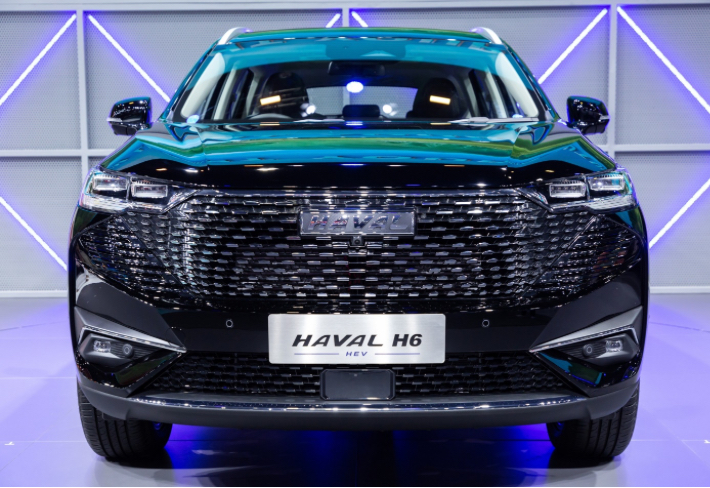By Gerald Mbanda

Chinese-made vehicles have transitioned from being niche imports to mainstream choices across Africa.This shift is driven by a combination of affordability, technological advancements, and adaptability to local conditions. Chinese automakers are not only entering the African market but are also reshaping its automotive landscape.
The affordability of Chinese vehicles has made them accessible to a broader range of consumers. Models like the Haval Jolion and Chery Tiggo 4 Pro offer competitive pricing without compromising on features.Available data indicate that, the Haval Jolion, a compact SUV, has become one of the top-selling models in South Africa, with 5,708 units sold in 2023.Similarly, the Chery Tiggo 4 Pro sold 5,647 units in the same year, reflecting the growing preference for budget-friendly yet feature-rich vehicles.
Beyond affordability, Chinese automakers have invested heavily in technology integration. Many Chinese models come equipped with advanced features such as touchscreen infotainment systems, connectivity options, and safety technologies. These features appeal to tech-savvy buyers and have helped Chinese brands gain traction in markets traditionally dominated by European and Japanese manufacturers.
Adaptability to local conditions is another factor contributing to the success of Chinese vehicles in Africa. Chinese automakers have tailored their vehicles to suit African road conditions and climates, enhancing their appeal. For example, the GWM P-Series, a robust pickup truck, caters to the commercial sector’s needs and has sold 2,726 units in South Africa in 2023.
The growing presence of Chinese vehicles in Africa is evident in the sales data. In South Africa, Chinese brands made up 9% of all light vehicle sales by July 2024, a significant rise from 2% in 2019. This increase is attributed to the success of brands like Haval, Chery, and GWM, which have become significant players in the market.
In East Africa, Chinese electric vehicle (EV) brands are making notable strides. BYD, for instance, entered Kenya in 2022 and launched in Rwanda in 2024. The company has partnered with local firms like BasiGoand CFAO Mobility to assemble and distribute EVs, including electric buses and passenger vehicles.
Chinese-made vehicles are no longer peripheral players in Africa’s automotive market; they are central to its evolution. By offering affordable, technologically advanced, and adaptable vehicles, Chinese automakers are meeting the diverse needs of African consumers.As they continue to innovate and collaborate with local partners, the road ahead looks promising for Chinese vehicles in Africa.
 Africa -China Review Africa -China Cooperation and Transformation
Africa -China Review Africa -China Cooperation and Transformation
